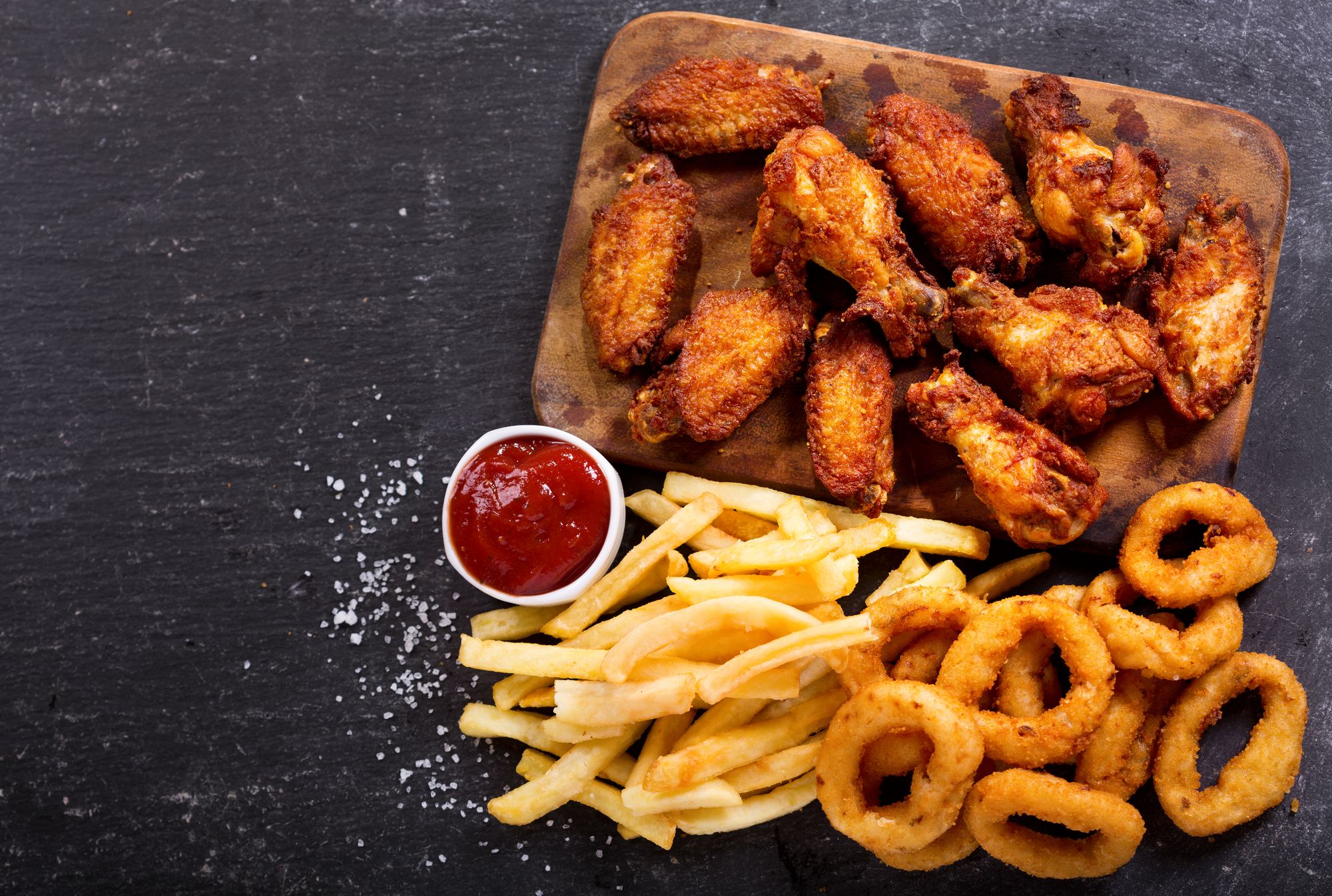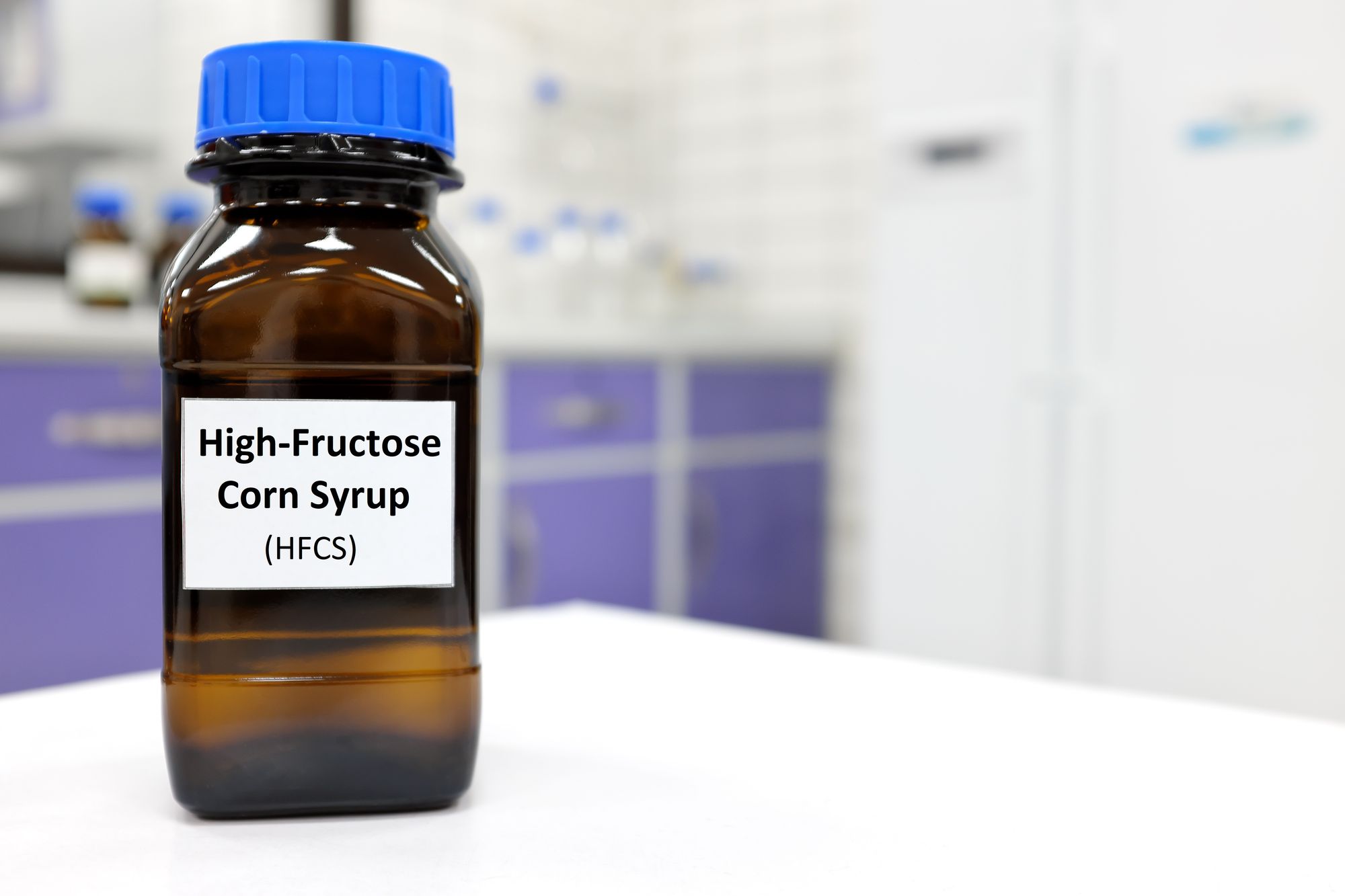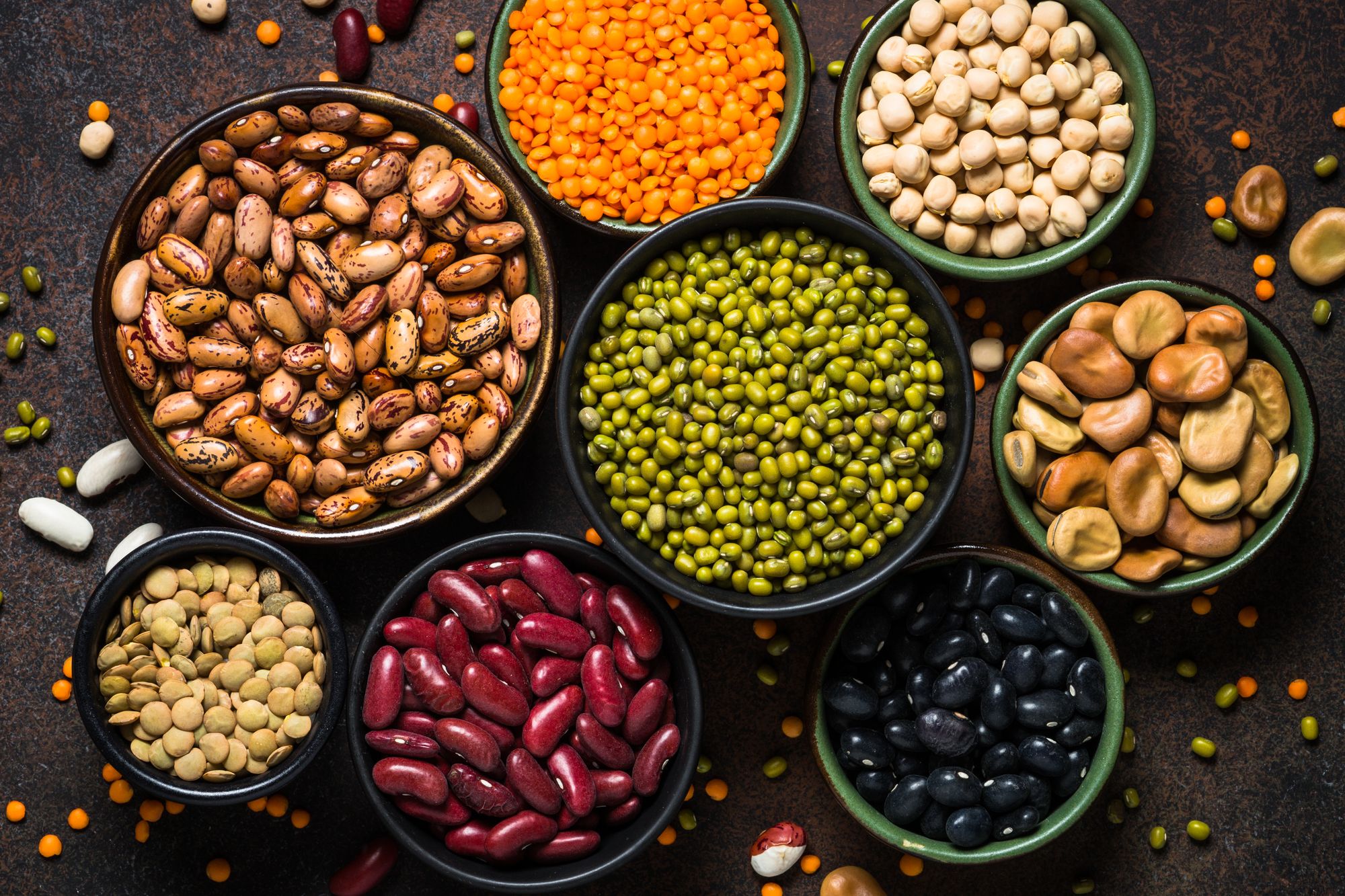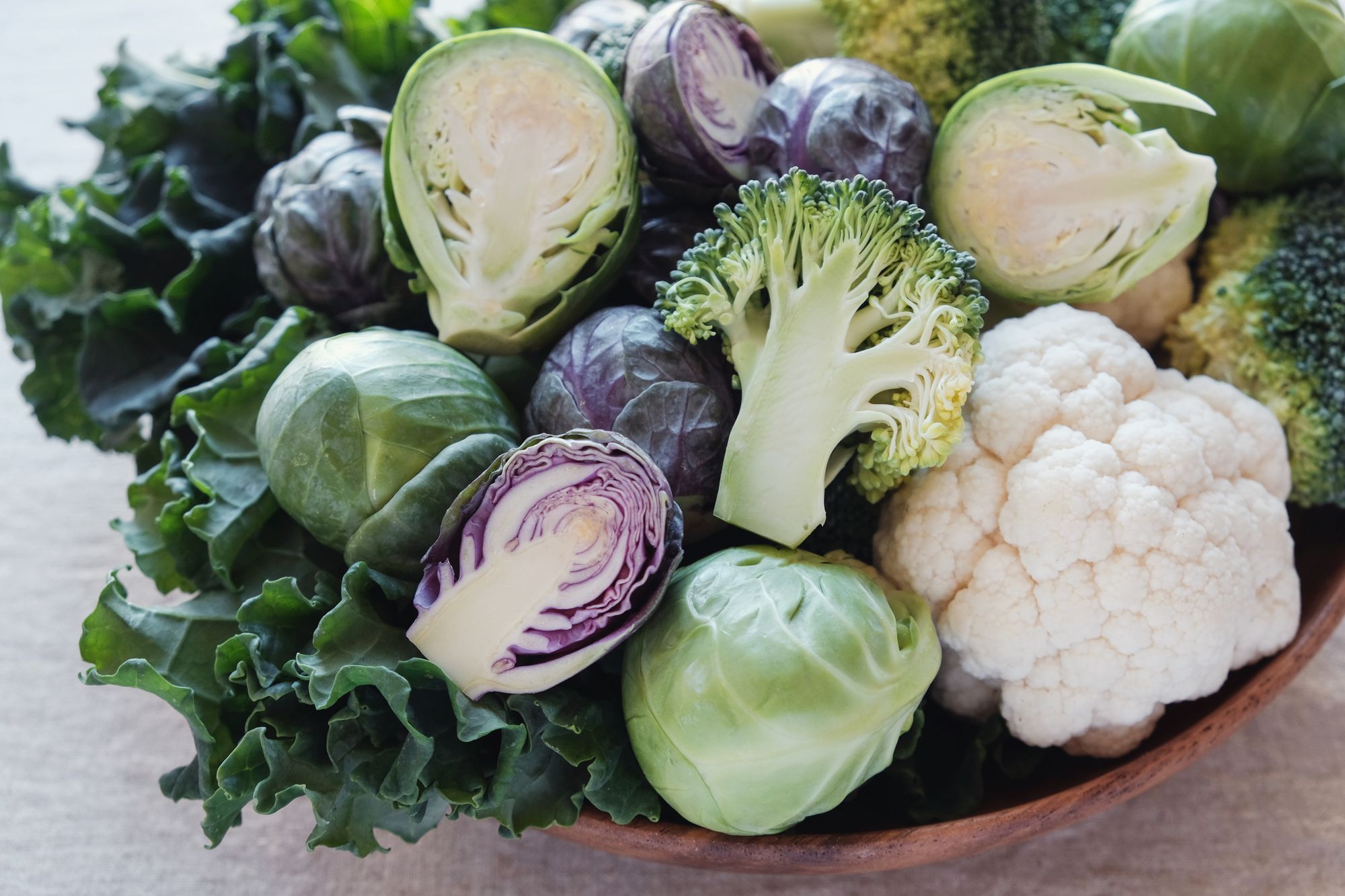Digestive problems such as acid reflux, gas, upset stomach, and bloating are all too familiar to many of us. While the triggers may vary from person to person, there are certain foods that commonly provoke these uncomfortable gastrointestinal symptoms.
Recognizing your body's signals can be key to identifying the troublemakers. If you consistently experience discomfort after consuming beans or cabbage, don't worry, there are ways to prepare these foods to still relish their flavors without the unwanted effects. Similarly, citrus fruits and peppermint are known to instigate digestive issues and may require avoidance. Discover which foods can potentially disrupt your digestion and explore strategies to manage any discomfort they may cause.
However, it's important to note that some of these foods offer valuable nutrients, and unless they explicitly upset your stomach or generate discomfort, they can still be incorporated into your wholesome dietary plan.
1) Fried Foods:

Fried foods are notorious for their high fat content, which can lead to stomach aches, diarrhea, and other digestive problems. Additionally, studies have linked fried food consumption to acid reflux, as highlighted in a 2021 study published in Preventative Nutrition and Food Science. To enjoy similar dishes without the negative effects, consider alternative cooking methods like pan frying with minimal oil, roasting, baking, sautéing, or stir-frying. These techniques reduce the fat content while still delivering delicious and satisfying meals.
2) Sugar Alcohols:

Sugar alcohols, often found in sugar-free foods, such as candy and gum, can cause gas and upset stomachs in certain individuals. Common sugar alcohols to watch out for include sorbitol, mannitol, xylitol, erythritol, and malititol. If you're sensitive to sugar alcohols, opt for candy, gum, and other foods that do not contain these sweeteners. It's worth noting that added sugar should generally be limited to no more than 10% of total calories, according to the 2020-2025 Dietary Guidelines for Americans.
3) High Fructose Corn Syrup:

High fructose corn syrup, a sweetener found in many candies and pastries, can cause gas, bloating, diarrhea, and cramps in some individuals. To avoid these symptoms, carefully read nutrition labels and choose sweets and pastries that do not contain high fructose corn syrup.
4) Citrus Fruit:

Highly acidic fruits like oranges, grapefruits, lemons, and limes can trigger heartburn in susceptible individuals. The acidity of these fruits relaxes the esophageal sphincter, allowing acid to flow back into the esophagus, resulting in heartburn. While citrus fruits offer numerous health benefits, if you experience acid reflux after consuming them, consider opting for non-citrus fruits as a sweet snack alternative.
5) Peppermint:

Peppermint has been known to relax the esophageal sphincter, leading to heartburn and indigestion in certain individuals. If peppermint causes discomfort, explore other herb options or try different types of tea to find a suitable alternative.
6) Beans:

Beans are a great source of fiber and can benefit gut health by feeding good bacteria in the colon. However, they contain oligosaccharides, which are non-digestible fibers that can cause gas, bloating, and abdominal discomfort. To minimize these effects, soak dried beans for at least four hours and discard the water before cooking. Research suggests that gradually incorporating half a cup of beans into your diet for at least eight weeks can help reduce these bothersome symptoms in individuals new to consuming beans.
7) Cruciferous Vegetables:

Cruciferous vegetables, including cabbage, broccoli, kale, and collard greens, contain sugars and high levels of fiber that can contribute to gas, bloating, and abdominal discomfort. If you find raw cruciferous vegetables challenging to digest, try cooking them. Cooking these veggies tends to make them easier on the stomach and can help minimize gastrointestinal symptoms.
8) Spicy Food:

Spicy foods can be problematic for individuals who are sensitive to them, causing heartburn and acid reflux. The heat in spicy foods relaxes the sphincter between the stomach and esophagus, allowing acid to flow back up. If you're sensitive to spicy foods, consider reducing the amount of peppers and spices in your meals or avoiding them altogether. Opting for milder flavors or blander foods may be a suitable alternative.
9) Chocolate:

Like peppermint and citrus fruits, chocolate can relax the esophageal sphincter, potentially leading to heartburn and indigestion. Sensitivity to chocolate varies among individuals, so it's important to observe your body's response. Limiting your consumption or temporarily avoiding chocolate might alleviate symptoms. However, it's not necessary to completely eliminate it from your diet unless you consistently experience discomfort.

